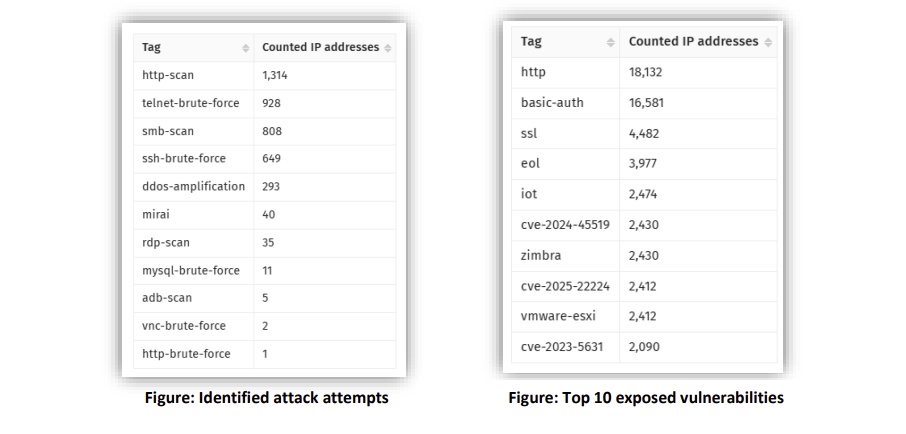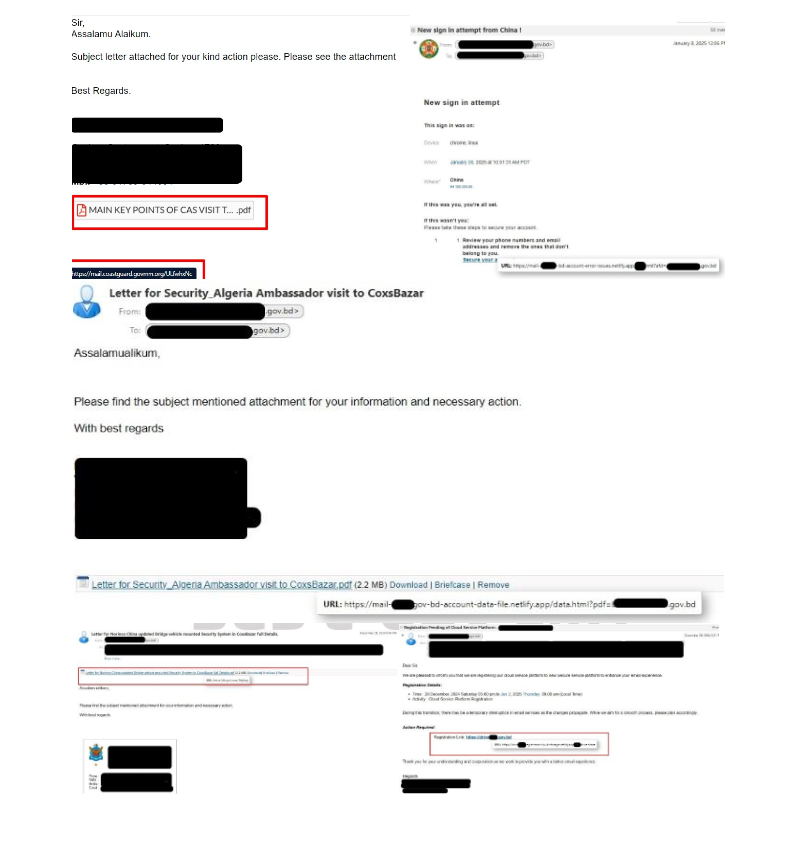A Vulnerability in SonicWall SMA 100 Series Could Allow for Arbitrary File Deletion
by CIRT Team
DESCRIPTION:
A vulnerability has been discovered in SonicWall SMA100 Series that
could allow for arbitrary file deletion. The SonicWall SMA 100 Series is
a unified secure access gateway that enables organizations to provide
access to any application, anytime, from anywhere, and any devices,
including managed and unmanaged. Successful exploitation of this
vulnerability could result in arbitrary file deletion which enables an
attacker to reboot the device to factory default settings. Afterward,
this could allow an unauthorized attacker to potentially gain admin
access to the device. Depending on the privileges associated with the
application, an attacker could install programs; view, change, or delete
data; or create new accounts with full user rights.
IMPACT:
A vulnerability has been discovered in the SonicWall SMA 100 Series that
could allow for arbitrary file deletion. The improper access control
vulnerability in SMA100 allows a remote unauthenticated attacker to
bypass the path traversal checks and delete an arbitrary file
potentially resulting in a reboot to factory default settings.
Successful exploitation of this vulnerability could allow an
unauthorized attacker to potentially gain admin access on the device.
Depending on the privileges associated with the application, an attacker
could install programs; view, change, or delete data; or create new
accounts with full user rights.
SYSTEM AFFECTED:
* SonicWall SMA 100 Series 9.0.0.10-28sv and earlier
* SonicWall SMA 100 Series 10.2.0.7-34sv and earlier
* SonicWall SMA 100 Series 10.2.1.0-17sv and earlier
RECOMMENDATIONS:
We recommend the following actions be taken:
* Block external access at the network boundary, unless external parties
require service.
* If global access isn’t needed, filter access to the affected computer
at the network boundary. Restricting access to only trusted computers
and networks might greatly reduce the likelihood of successful exploits.
* Run all software as a nonprivileged user with minimal access rights.
To mitigate the impact of a successful exploit, run the affected
application as a user with minimal access rights.
* Deploy network intrusion detection systems to monitor network traffic
for malicious activity.
* Deploy NIDS to detect and block attacks and anomalous activity such as
requests containing suspicious URI sequences. Since the webserver may
log such requests, review its logs regularly.
* Implement multiple redundant layers of security. Since this issue may
be leveraged to execute code, we recommend memory-protection schemes,
such as nonexecutable stack/heap configurations and randomly mapped
memory segments. This tactic may complicate exploit attempts of
memory-corruption vulnerabilities.
REFERENCES:
https://psirt.global.sonicwall.com/vuln-detail/SNWLID-2021-0021
http://cve.mitre.org/cgi-bin/cvename.cgi?name=CVE-2021-20034
Published: 20 December 2021, 16:00:44 BST











